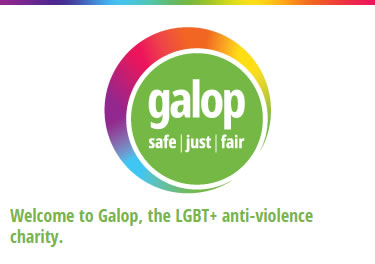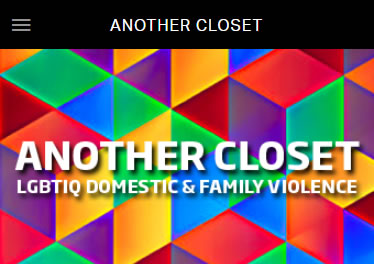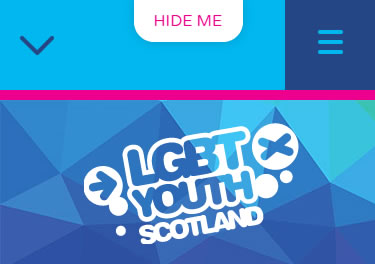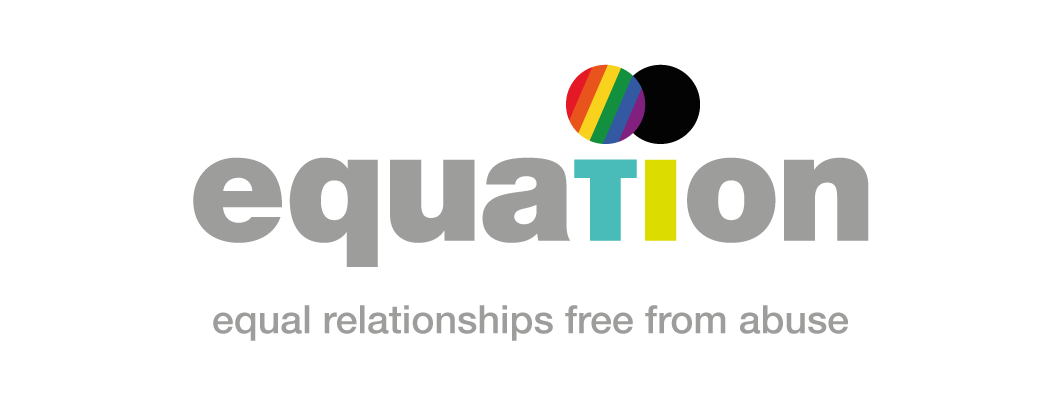LGBT+
& UNHEALTHY RELATIONSHIPS
The term LGBT is the overarching term which identifies people who:
- Have sexual preferences differing from being heterosexual (straight),
- Who are identifying as genders different to the one they were assigned to at birth.
Here are some terms explained:
- Bisexual: attracted to both men and women.
- Pan-sexual: being attracted to people regardless of their gender.
- Gay: male and attracted to men.
- Lesbian: female and attracted to women.
- Heterosexual: being attracted to people of the opposite sex.
- Transgender: a person identifying with or being a different gender to the one they were born with.
- Transsexual: those who prefer to present themselves as a different gender to the one they were born with.
- Cis-Woman: a woman who was born a woman.
- Cis-Male: a man who was born a man.
- Non-Binary: a person who does not identify as either male or female.
Identifying as a member of the LGBT+ community is nothing to be ashamed of. However, LGBT+ people also experience unhealthy relationships and domestic abuse and this can include different experiences to those who are in heterosexual relationships.
FACT
1 in 4 people in LGBT+ relationships will experience domestic abuse at some point in their lives

Domestic Abuse
Domestic Abuse can happen in any relationship. Abuse can include physical, sexual, emotional and financial abuse.
People within LGBT+ relationships can experience the same abuses as those within heterosexual relationships, other experiences could include:
- Threatening to ‘out’ their partner to family or friends.
- Saying they will disclose their partners gender status.
- Threatening to tell people about their partners health status for example that they are HIV positive.
- Not allowing their partner to access the gay ‘scene’. This can make them isolated.
- Tell their partner that support services are homophobic or there is no support for people in LGBT relationships.
Barriers to leaving
It is difficult for anyone to leave an abusive relationship. People within LGBT+ relationships can experience the same barriers as within heterosexual relationships, other barriers can include:
- A person may have to ‘out’ themselves before they can get any support. This could be difficult for a young person still at school.
- They may think they won’t be believed as it may be assumed that domestic violence does not happen in LGBT relationships.
- May think there is no support for young people in LGBT relationships.
- They fear that they may become isolated from the LGBT community if they say what is happening or leave the relationship.
ADDITIONAL SUPPORT
Helplines
Galop
National LGBT+ Domestic Abuse Helpline.
Providing support for Hate Crime, Domestic Abuse and Sexual Violence to LGBT+ survivors.
Women's Aid
National Domestic Abuse Helpline.
Free & confidential helpline providing Domestic Abuse support to people who identify as female.
Men's Advice Line
Advice & support for people over 16, identifying as male who are in abusive relationships.
Websites
Galop

Another Closet

LGBT Youth

Stonewall


